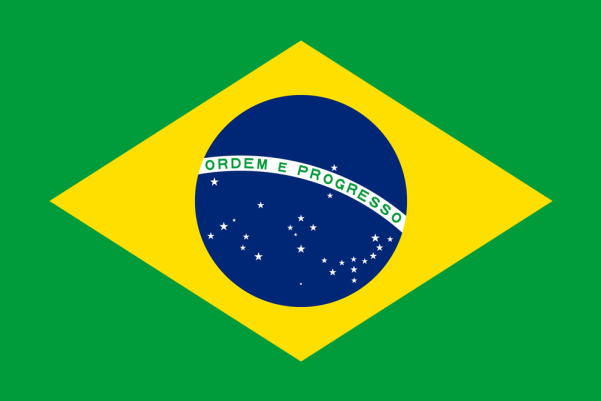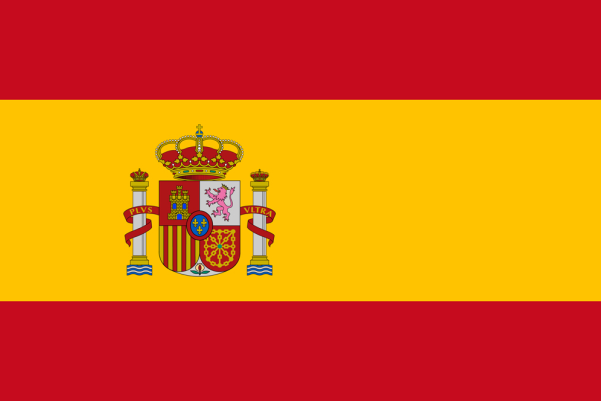Masculinity in modern society is changing and a more fluid approach to gender seems to be the future
Most societies over time have been shaped in a certain way by masculinity, but it was in Ancient Greece that homosexuality found its most pronounced voice.
Aristotle spoke of same-sex love between young people and Plato studied the subject in depth in his philosophical essay “Symposium”. Homosexuality was also common amongst Roman emperors: Augustus Tiberius, Caligula, Nero and Julius Caesar who, according to Cato, was “the husband of all women and the wife of all men.”
Over time, values have evolved – as in any progressive society – in relation to the expression of love and same-sex relationships.
In England, for example, take the great writer and thespian Oscar Wilde, author of such classics like “The Picture of Dorian Gray”. Oscar was born in 1854 in Ireland and was arrested and imprisoned once it became public that he was gay. Notwithstanding his artistic talents, one of his greatest legacies will be the influence he had developing gay rights.
Then there’s the case of the Englishman James Morris, who was a soldier, sportstar, and later on a well-known travel writer. In the mid-1960s he underwent a sex-change and adopted the name Jan Morris, an experience that he would later document in the book “Conundrum”.
The number of sexual reassignment procedures in Brazil is currently on the rise. According to recent figures published by the Brazilian Ministry of Health, the number of people that fail to identify with their biological orientation has increased significantly along with the demands for psychological counselling and hormone therapy, which is part of the pre-op treatment, designed to ascertain if the patient really wants to carry out the procedure.
History documents important facts and events that help us understand and accept the individual differences that make us human.
Levels of LGBT awareness currently paint a picture of its own evolution: everything is created and transformed every day. How much more do we need to evolve?
By-Por Ciro de Lima

















